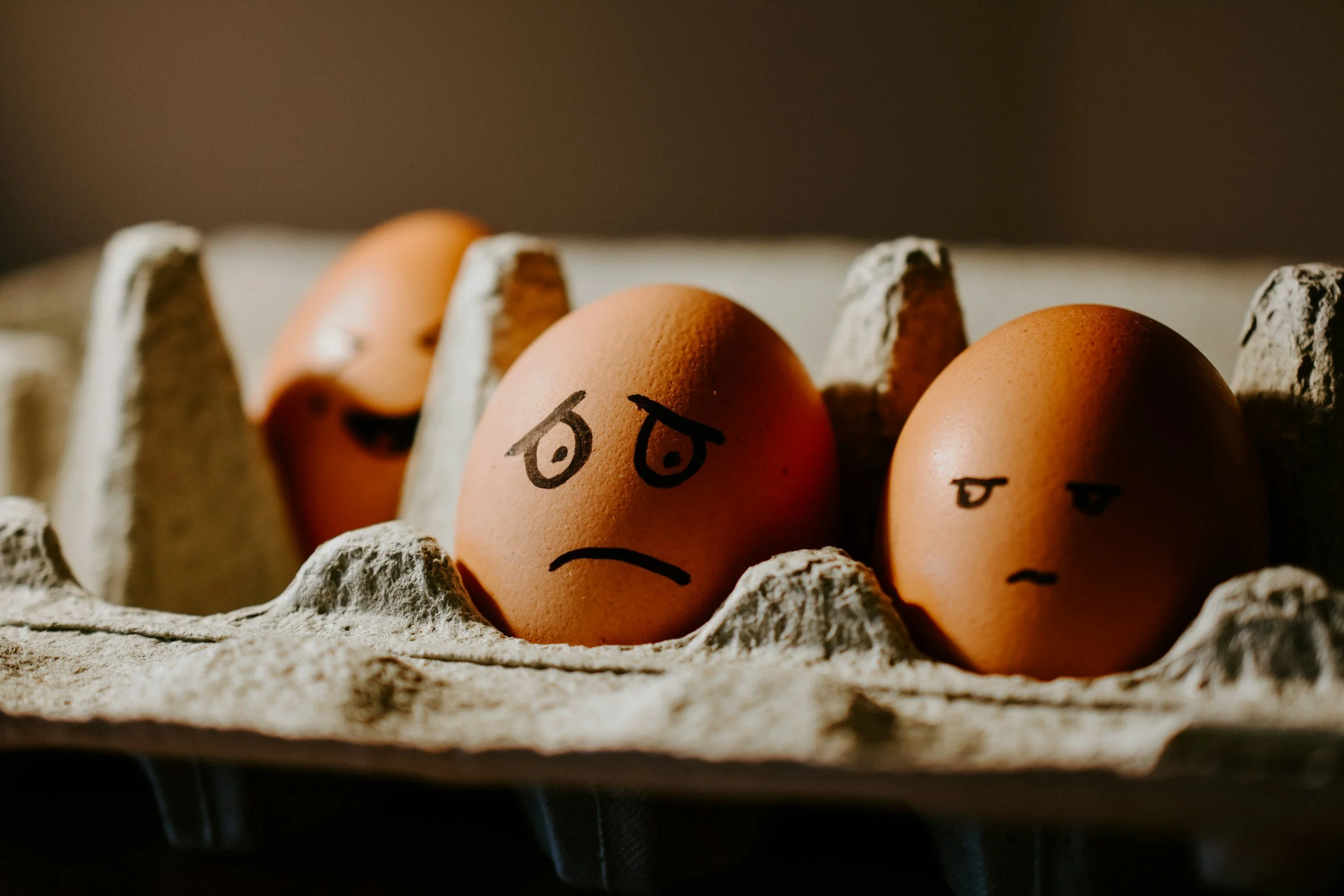
Anxiety Treatment at Home
Anxiety is a common part of life for many, often a response to daily stressors. Although anxiety can serve useful purposes, such as enhancing focus and encouraging preparedness, when it becomes overwhelming, it's essential to address it before it negatively affects one's quality of life. While medication is sometimes necessary, there are effective natural remedies for anxiety that may offer relief.
How to Stop Shaking from Anxiety
Anxiety-induced shaking can be a distressing experience, affecting everything from daily tasks to overall well-being. This article explains why anxiety causes tremors, what physiological mechanisms are at play, and offers tips on how to manage and reduce shaking caused by anxiety.
How To Get Rid of Anxiety Fast
While occasional anxiety is a normal part of life, clinical anxiety can significantly affect daily living. This article explains the difference between everyday anxiety and clinical anxiety, discusses the symptoms of panic attacks, and offers effective techniques to help manage anxiety fast, providing quick relief in stressful moments
Social Anxiety Treatment
Social Anxiety Disorder (SAD), also known as social phobia, is more than just being shy or nervous. It is a deep fear of social situations where one might be judged, embarrassed, or scrutinised. For those with SAD, even daily interactions can cause extreme discomfort, leading them to avoid many social situations entirely. However, treatment options, including therapy and medication, are effective in managing and reducing social anxiety symptoms.
Alcohol And Anxiety
Anxiety and alcoholism often occur together, creating a challenging cycle of temporary relief followed by worsened symptoms. This article explores how alcohol interacts with anxiety disorders, the effects of alcohol withdrawal on anxiety, and how to break the harmful cycle with effective management strategies.
Worrying
Worrying is a natural human response that can sometimes be beneficial, but when it becomes excessive, it can negatively affect mental and physical health. In this article, we explore the nature of worrying, its impact, and effective strategies for how to stop worrying—especially when concerned about someone else's mental well-being.
How to Explain Anxiety
Talking about anxiety with someone who has never experienced it can be challenging, often leaving you feeling misunderstood or vulnerable. Here’s how to express your experience in a way that fosters understanding and support.
How to Deal with a Hypochondriac
Hypochondria, or illness anxiety disorder (IAD), involves an intense fear of having or developing a serious illness. This condition can deeply impact daily life, causing constant worry and frequent doctor visits. In this guide, we explore how to recognize the symptoms, diagnose hypochondria, and offer practical advice on how to support loved ones affected by this condition.
Work Anxiety
Work anxiety is a pervasive issue in today’s fast-paced job environment, driven by factors such as tight deadlines, job insecurity, and interpersonal conflicts. This anxiety can lead to serious consequences for both mental health and job performance. Recognizing symptoms like fatigue, irritability, and difficulty concentrating is crucial for effective management. Implementing practical strategies, such as mindfulness techniques and fostering a supportive workplace culture, can help alleviate work-related stress and improve overall well-being.
Panic Attack vs. Anxiety Attack
This article explores the key differences between anxiety attacks and panic attacks, highlighting aspects such as onset, triggers, symptoms severity, and after-effects. Understanding these distinctions is crucial for effective management and coping strategies, as both experiences, despite their similarities, can significantly impact mental health.










